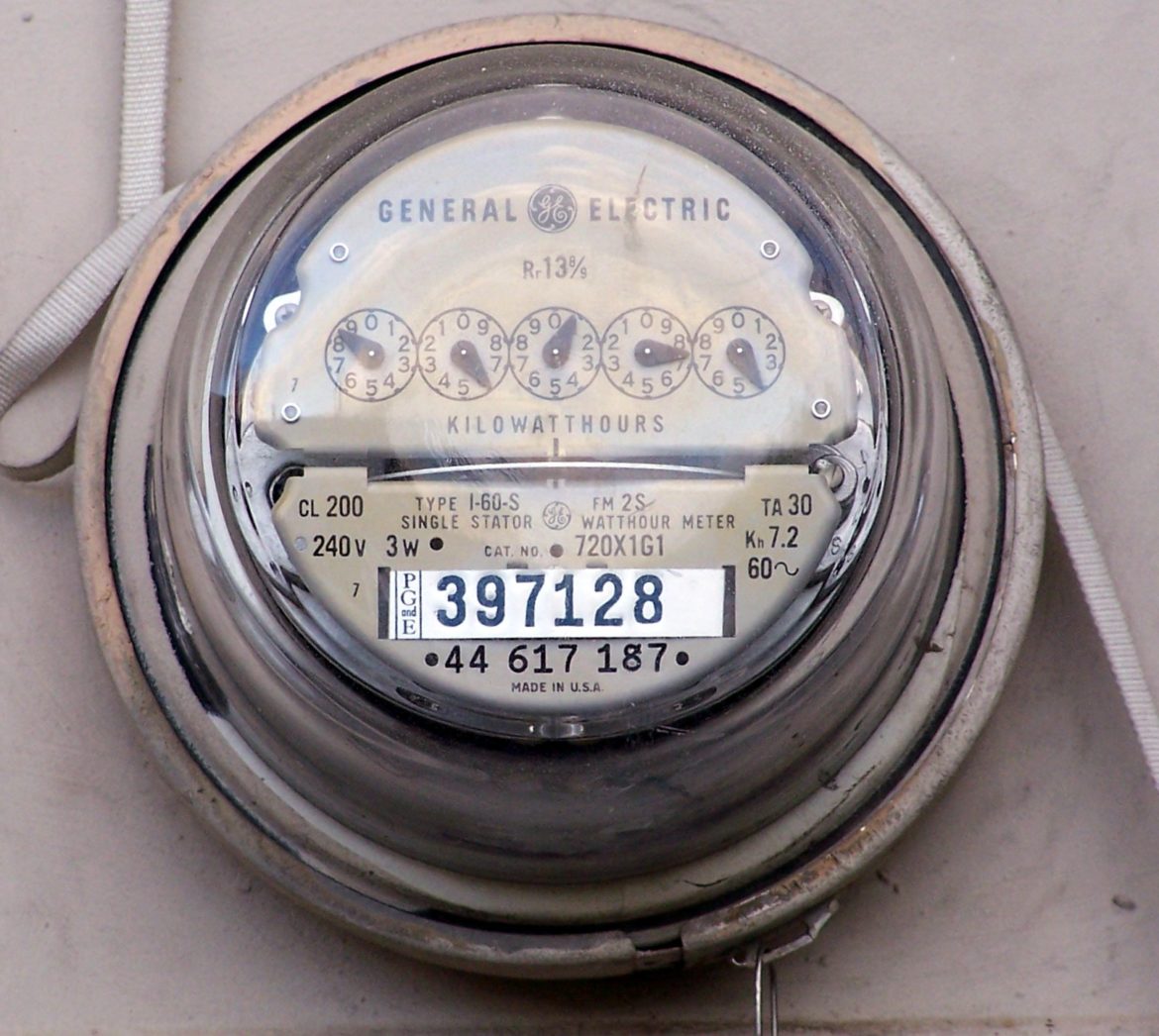Sign up for InDepthNH.org’s free weekly newsletter, mid-week update and Sunday weekender here.
By Nancy West, InDepthNH.org
CONCORD, NH – As Massachusetts Attorney General Maura Healey calls for ending the residential competitive electricity supply market, New Hampshire’s consumer advocate said similar issues likely exist in the Granite State as well. In Massachusetts, Healey called for the ban citing aggressive sales tactics, false promises of cheaper electric bills and the targeting of low-income, elderly, and minority residents, issues that were uncovered in a study conducted from July 2015 to June 2017.
“Competitive electric suppliers promise big energy savings but are actually burdening customers with hundreds of dollars in extra costs,” said Healey. “In two years, Massachusetts residents lost over $176 million to these predatory companies. I’m calling for an end to this industry because that’s the best way to protect our seniors, low-income residents, and minority communities from these persistent scams.”
D. Maurice Kreis, New Hampshire’s consumer advocate said: “Ratepayers throughout New England owe Attorney General Healey a debt of gratitude for conducting this important investigation.”
New Hampshire lacks the resources to do a similar study, he said.
“But given that New England is one big region in terms of wholesale electricity, and given that many of the competitive suppliers doing business in Massachusetts are also selling to residential customers in New Hampshire, I would be really surprised if the same thing were not happening in the Granite State.
“There’s no reason to expect unregulated firms taking advantage in Massachusetts would suddenly become public spirited when crossing the border into New Hampshire,” Kreis said.
Shutting down the industry seems like an extreme remedy, however, Kreis said.
He suggested following New York’s example and requiring competitive suppliers to guarantee they will charge less than the default service offered by the utilities, unless the power they’re providing is significantly more renewable or otherwise more valuable than what’s available through default service.
“In the meantime, New Hampshire’s residential electric customers should be very careful about their competitive supply options. We haven’t done a comprehensive study, but we have certainly seen examples here in the Granite State of misleading sales pitches and deals that are just plain bad,” Kreis said.
The Office of Consumer Advocate is an independent state agency with statutory responsibility to represent residential customers of New Hampshire.
There are 20 residential competitive suppliers in New Hampshire, according to the Public Utilities Commission website. More information about New Hampshire’s providers and regulations can be found here.
Healey made the announcement on Thursday and released the report on the two-year study.
The report found that Massachusetts electric customers who switched to a competitive electric supplier paid $176.8 million more than if they had stayed with their utility company during the two-year period.
The average low-income customer enrolled with a competitive supplier paid $231 more than if the customer was receiving their electricity from their utility company and some low-income households lost more than $541 by switching to a competitive supplier, the report said.
Nearly 500,000 residents in Massachusetts receive their electricity from a competitive supplier, according to the report, which also found that 36 percent of low-income households received their electricity from a competitive supplier, double the rate among other customers.
The study found that competitive suppliers appear to have targeted low-income and minority residents in many of the state’s gateway cities including Worcester, Springfield, Brockton, Lynn, Lowell, Lawrence, Fall River, Quincy and New Bedford. Participation was greatest in zip codes with the highest percentage of low-income and minority populations, the study said.
In Massachusetts, residential customers, like commercial and industrial customers, can “shop around” for electricity rates. Customers can choose to get their electric supply from their utility – National Grid or Unitil or Eversource – or from a “competitive supplier.”
Earlier this week, Healey announced a $5 million settlement with Viridian Energy, LLC for deceptive marketing and sales tactics that misled residents into contracts with high electric supply rates. The settlement requires the company to pay $4.6 million in restitution to affected customers and an additional $400,000 to the state’s general fund, to offset the cost of the investigation, and to fund future enforcement actions by the AG’s Office against deceptive electric suppliers, according to the news release.





